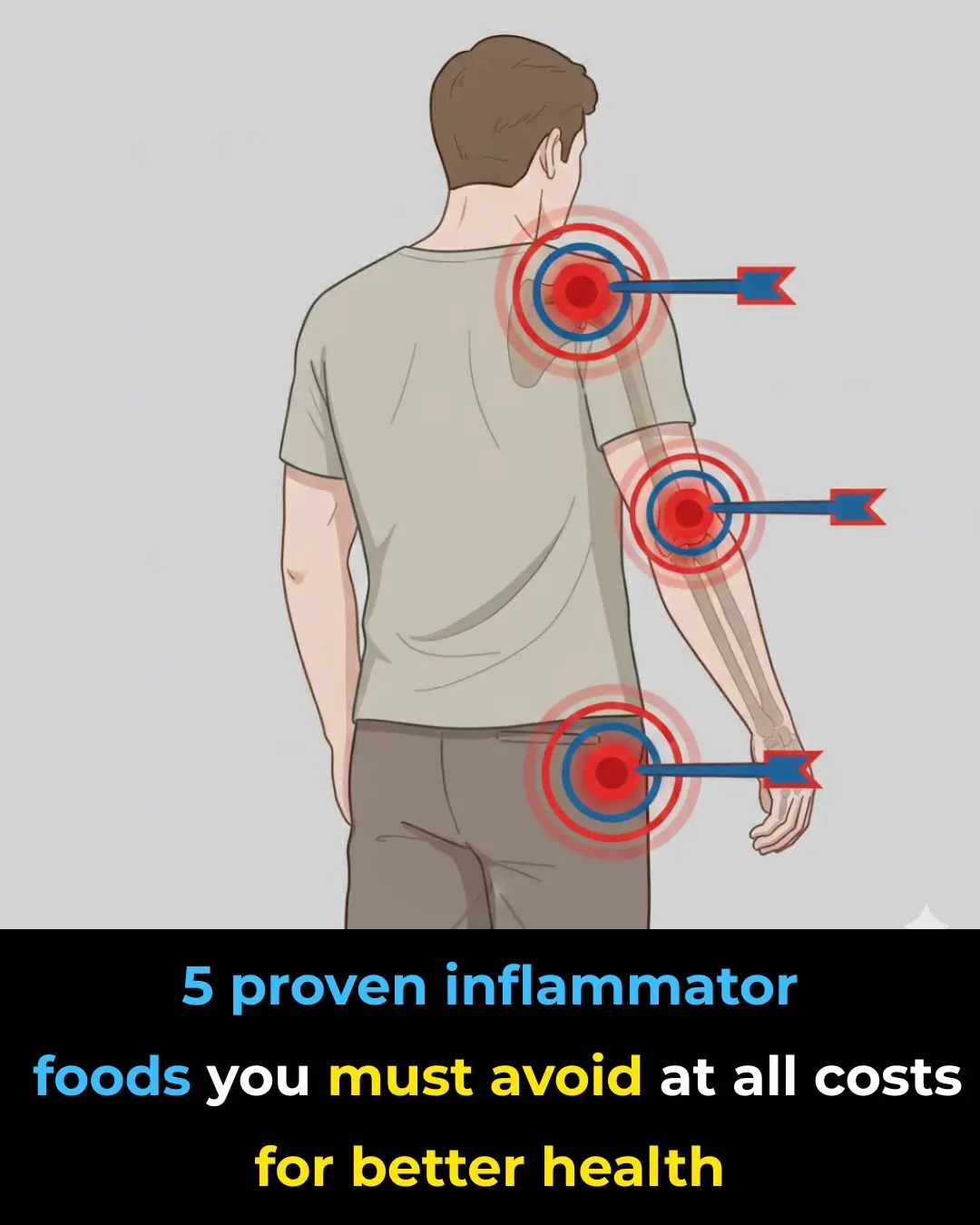
Doctors caution against viral hot spoon mosquito bite remedy
The Truth About the Hot Spoon Mosquito Bite Hack — and Why Doctors Want You to Think Twice
Summer is back, bringing longer days, warmer nights, and—unfortunately—the relentless buzz of mosquitoes. Alongside the season’s fun comes the familiar misery of itchy, swollen bites. As people search desperately for relief, social media is once again overflowing with do-it-yourself tricks.
One trend making the rounds this year is the hot spoon method—a hack that promises near-instant itch relief. It’s gaining millions of views on TikTok and Instagram, but dermatologists caution that this so-called miracle trick could do more harm than good.
Before diving into the risks, let’s first understand why mosquitoes bite in the first place.
Why Mosquitoes Bite You
According to the Mayo Clinic, mosquito bites happen when female mosquitoes feed on your blood. They need the nutrients in it to produce and lay eggs. In other words, every bite you get is helping the next generation of these pests thrive.
Here’s what happens: as the mosquito feeds, she injects saliva into your skin. This saliva contains proteins that trigger your body’s immune response. Your immune system treats it as an invader, which leads to the classic symptoms we all know—redness, swelling, and that maddening itch.
For some people, the reaction is mild. For others, the itch can be so unbearable that they’re willing to try just about anything to make it stop—even unconventional hacks found online.
The Hot Spoon Method
The viral trend works like this:
-
Heat water in a cup (usually in the microwave).
-
Place a metal spoon in the hot water for about 30 seconds.
-
Press the heated spoon directly onto the mosquito bite for a few seconds.
One TikTok user with more than 2.6 million views claimed,
“I can help you get rid of bug bites in less than a minute… press on the bug bite and the itch is gone.”
The theory is that heat neutralizes the proteins in mosquito saliva, stopping the immune reaction and easing the itch almost instantly. And surprisingly, there is a grain of truth to this idea.
Does It Work?
Yes—temporarily.
Dr. Calvin Williams, a board-certified dermatologist and medical director at Essential Dermatology Group in Texas, explained to Verywell that heat acts as counter-stimulation. Essentially, it distracts the nerve endings that are sending itch signals to your brain.
“It’s a bit like when a parent kisses a scraped knee—it doesn’t heal the injury, but it soothes the sensation,” he said.
This means you might feel relief for a few minutes or even a couple of hours, but the bite itself isn’t healed, and the itch may return later.
Why Doctors Don’t Recommend It
Even if the science makes sense, experts are united in their warning: skip the hot spoon.
Dr. Kevin Wang, dermatologist at Stanford and physician at the VA Palo Alto Medical Center, told reporters,
“It’s not something I or my colleagues routinely recommend. There are far more effective and safer medicines and methods for itching.”
The main concern? Burns.
“Most people won’t measure the exact temperature of the spoon before touching it to their skin,” Dr. Wang said. “That makes it very easy to burn yourself and end up with a first-degree injury—or worse.”
Skin burns, even minor ones, can take days to heal and may leave scars, which is hardly worth the few minutes of itch relief.
Safer Alternatives That Actually Work
If you want fast, effective relief without risking injury, dermatologists suggest these tried-and-true methods:
-
Cold therapy: Apply an ice pack wrapped in a cloth for 5–10 minutes to reduce swelling and numb the itch.
-
Topical creams: Hydrocortisone cream or calamine lotion can calm inflammation and soothe irritation.
-
Oral antihistamines: Over-the-counter options like Allegra, Claritin, or Zyrtec can reduce your body’s allergic response.
-
Natural remedies: Make a paste from baking soda and water, dab it on the bite, or soak in a colloidal oatmeal bath for overall itch relief.
-
Avoid scratching: It might feel good in the moment, but scratching can lead to skin damage, infection, and longer healing times.
The Bottom Line
While the hot spoon method might sound like a clever summer hack—and it might even work for short-term relief—it’s simply not worth the burn risk.
The itch from a mosquito bite is temporary. A burn scar could be permanent.
So next time a mosquito targets you, skip the spoon and reach for ice, soothing cream, or other safe home remedies instead.
Do you have your own tried-and-tested mosquito bite remedy? Share it—you might just save someone else from a summer of scratching.
News in the same category

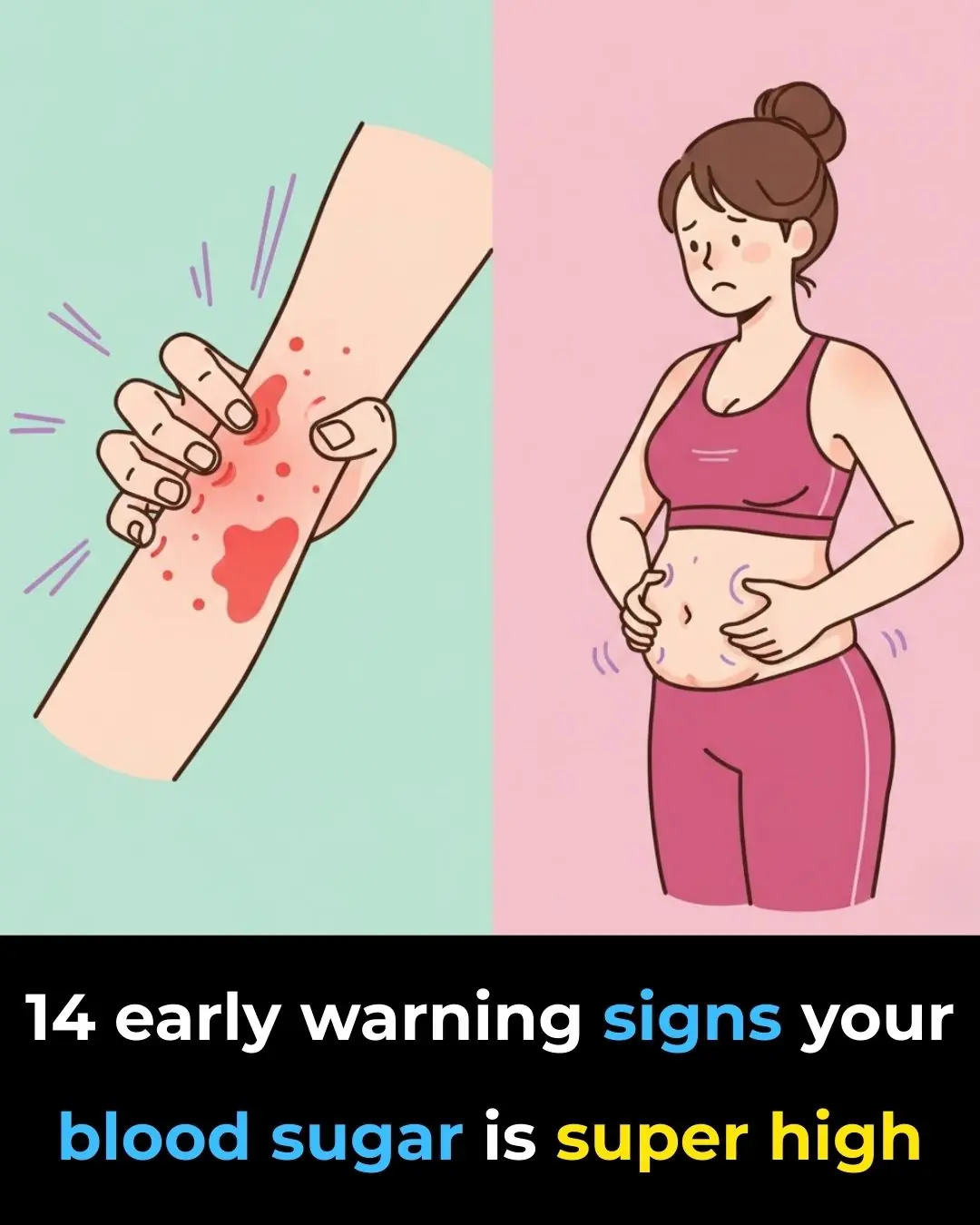
14 Signs Your Blood Sugar Is Way Too High (And 14 Ways to Reduce It)

Walking Barefoot at Home

Stronger Than Eggs? The Affordable Seeds That May Support Muscle After 75

How to Prepare Okra Water to Naturally Support 17 Aspects of Health
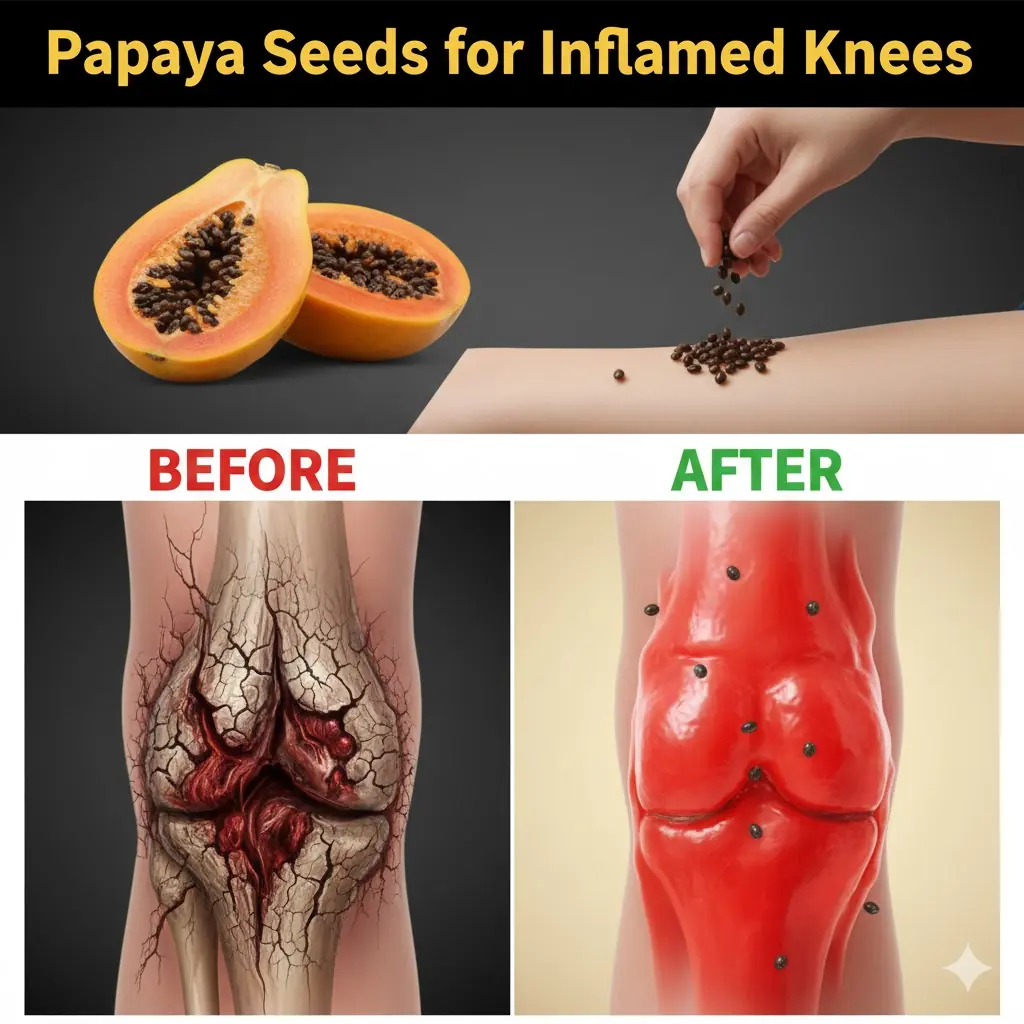
Papaya Seeds for Joint Relief: A Simple Home Habit to Explore for Knee, Back, and Spine Comfort
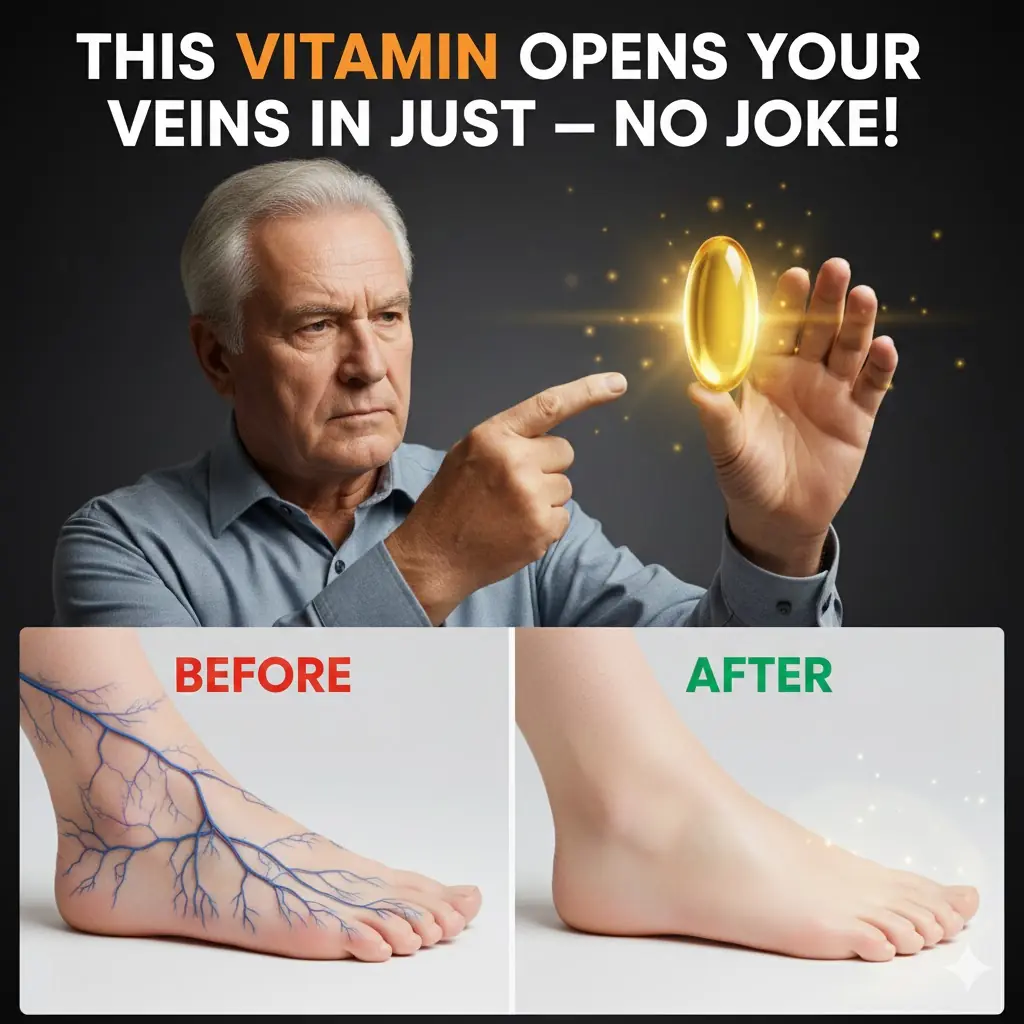
Be amazed by this vitamin that can improve leg circulation and help protect against clots!

Discover Simple Everyday Herbal Habits That Can Naturally Support Kidney Health

Woman reveals five colon cancer symptoms that should not be ignored

What Are Eye Floaters? Here What To Do If you Start Seeing Them, According to an Eye Doctor
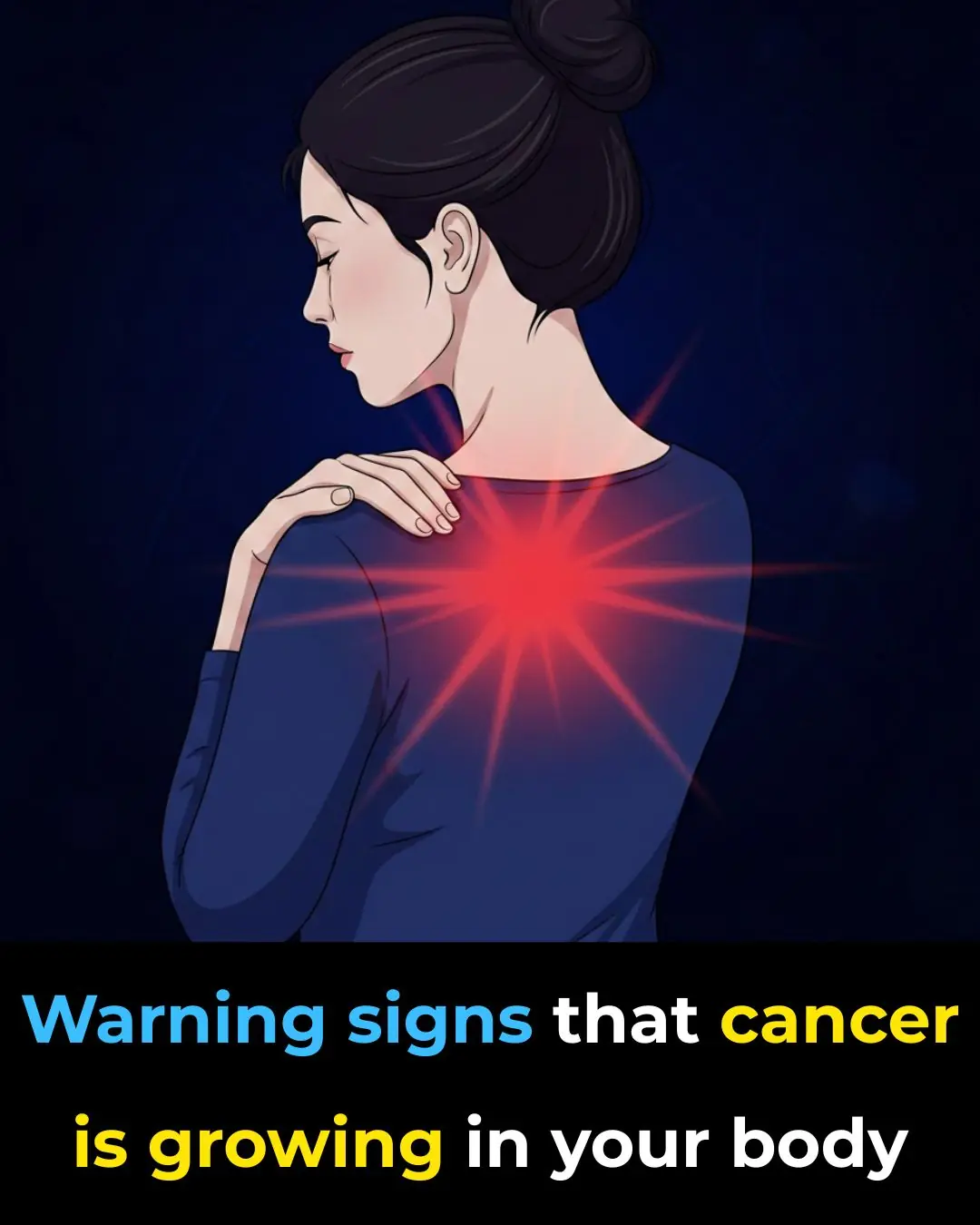
5 warning signs of cancer developing in the body
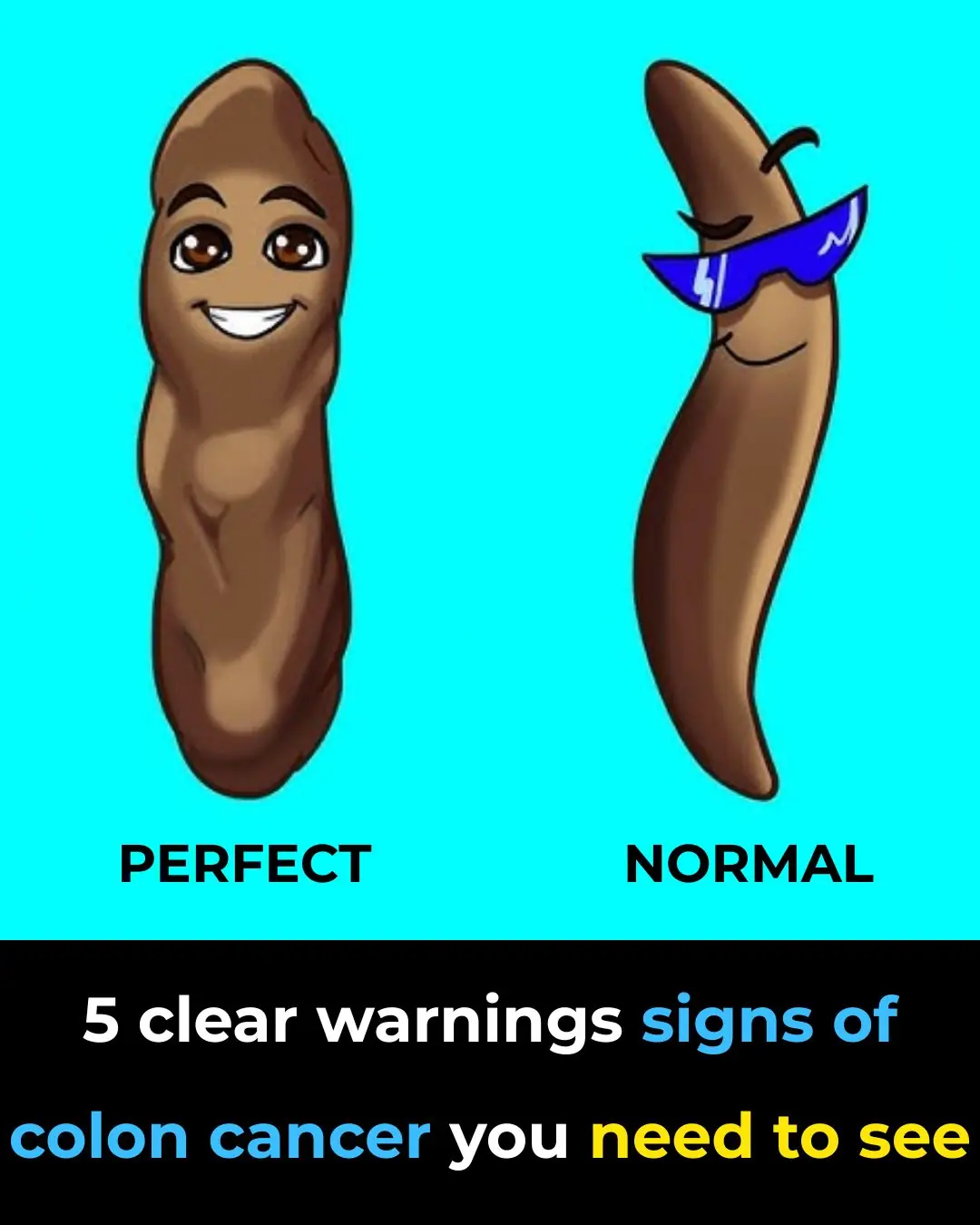
5 Concerning Red Flags That May Signal Colon Cancer
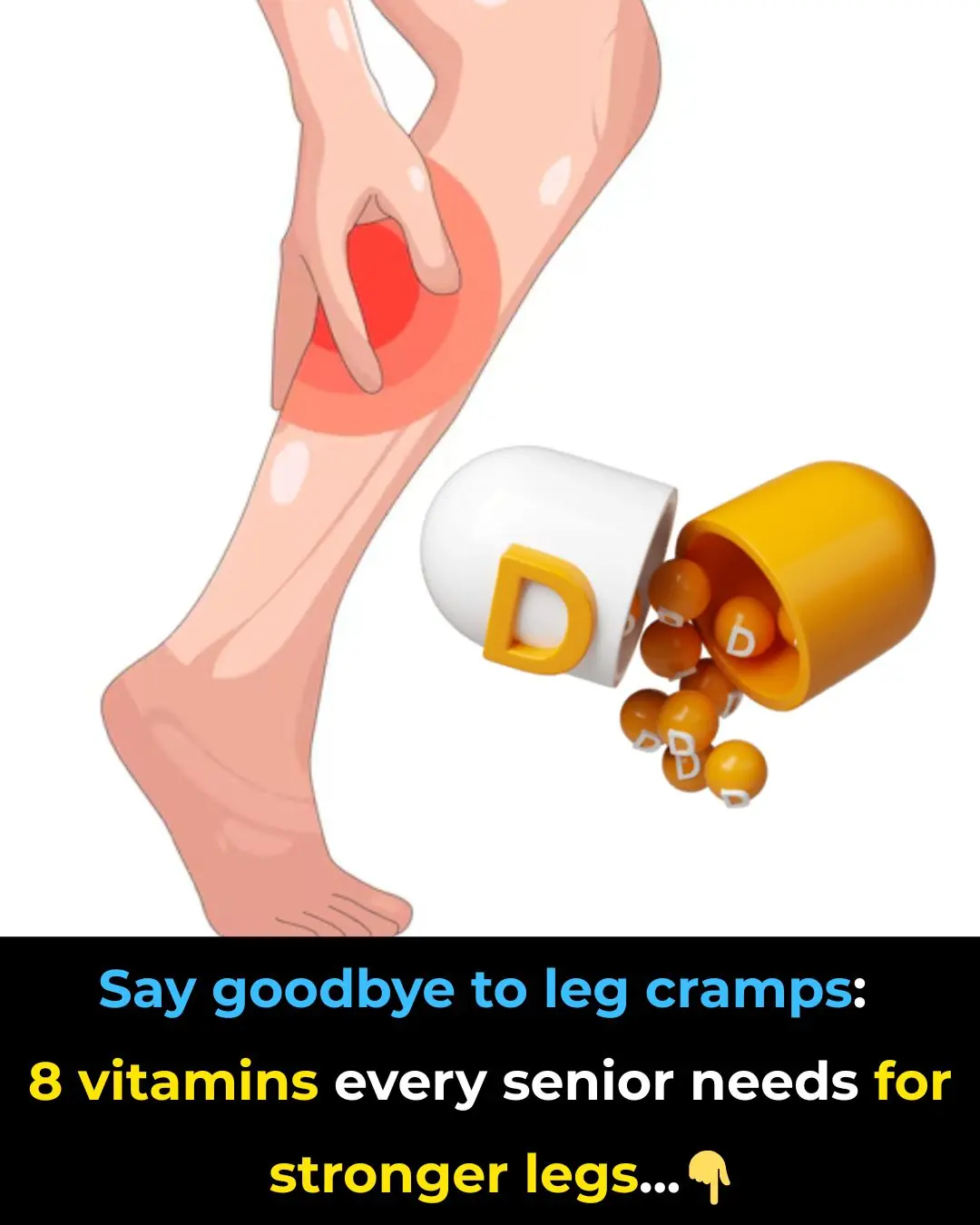
Essential vitamins for strong and cramp-free legs

Master Tonic: A Powerful Natural Drink for Immune Strength and Vitality 🌿🍋

11 Little-Known Secrets About Eating Grilled Corn — Even If You Love It, Remember These

12 Powerful Reasons to Drink Milk with Garlic Every Day
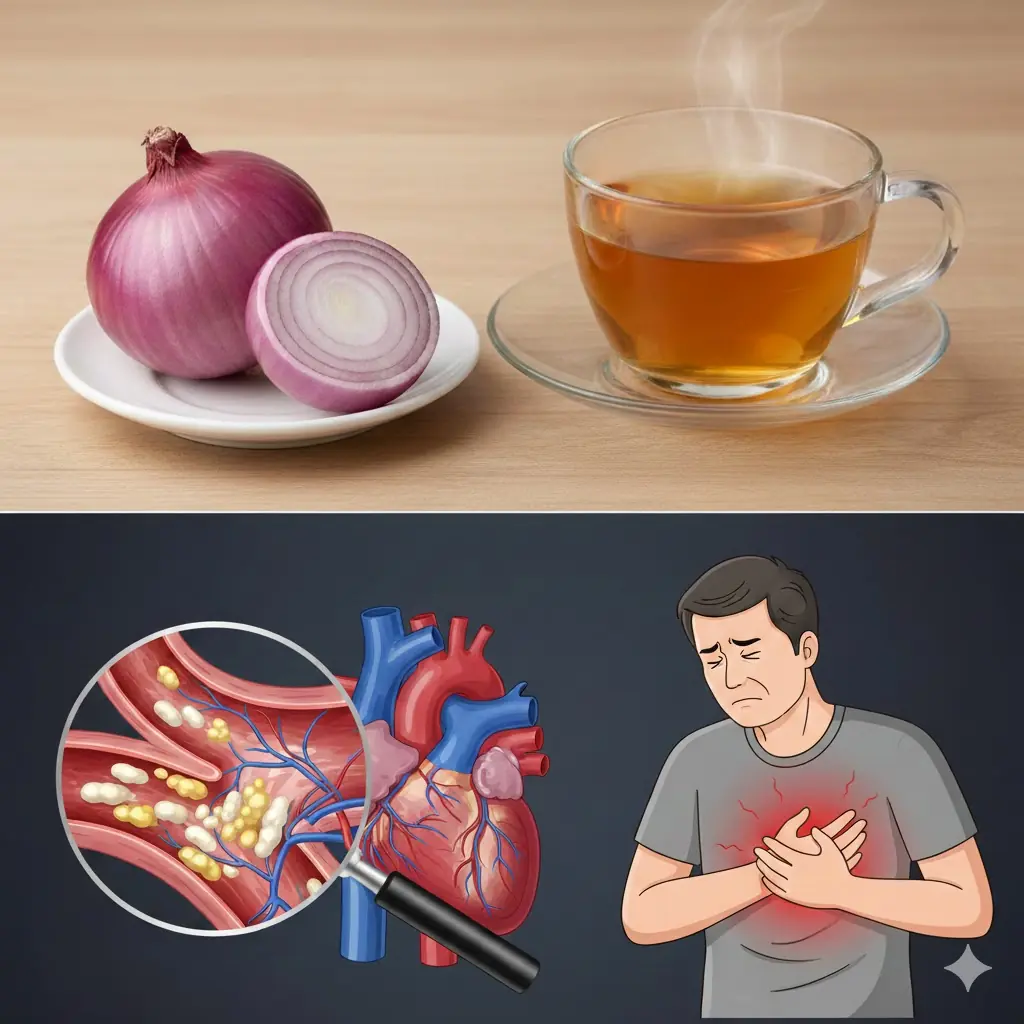
Discover the Power of the Red Onion: How to Regulate Blood Sugar with This Simple Recipe
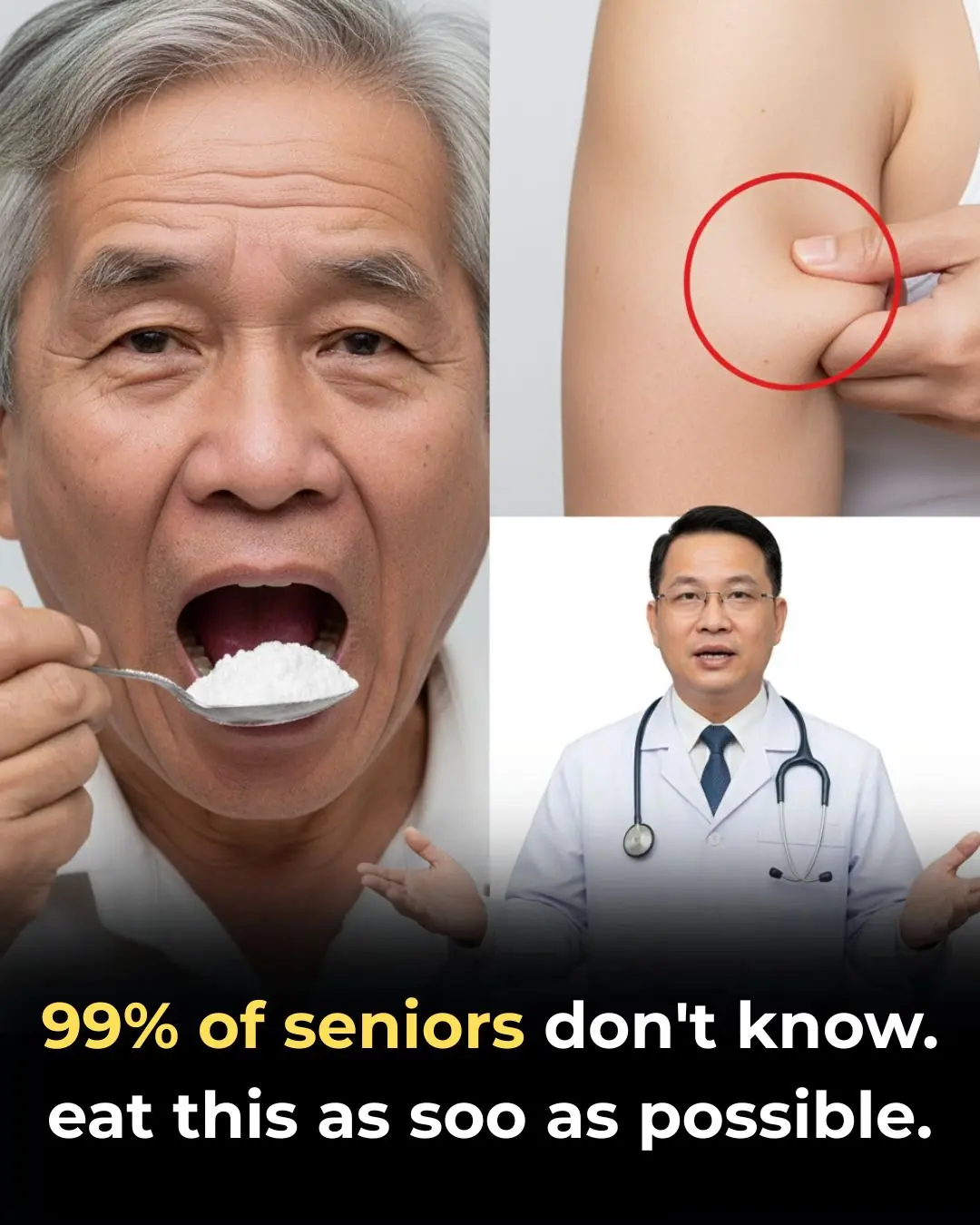
The Key Food for Maintaining Muscle Strength in Older Adults

Take Two Tablespoons Every Morning and Say Goodbye to Bone, Nerve & Joint Pain
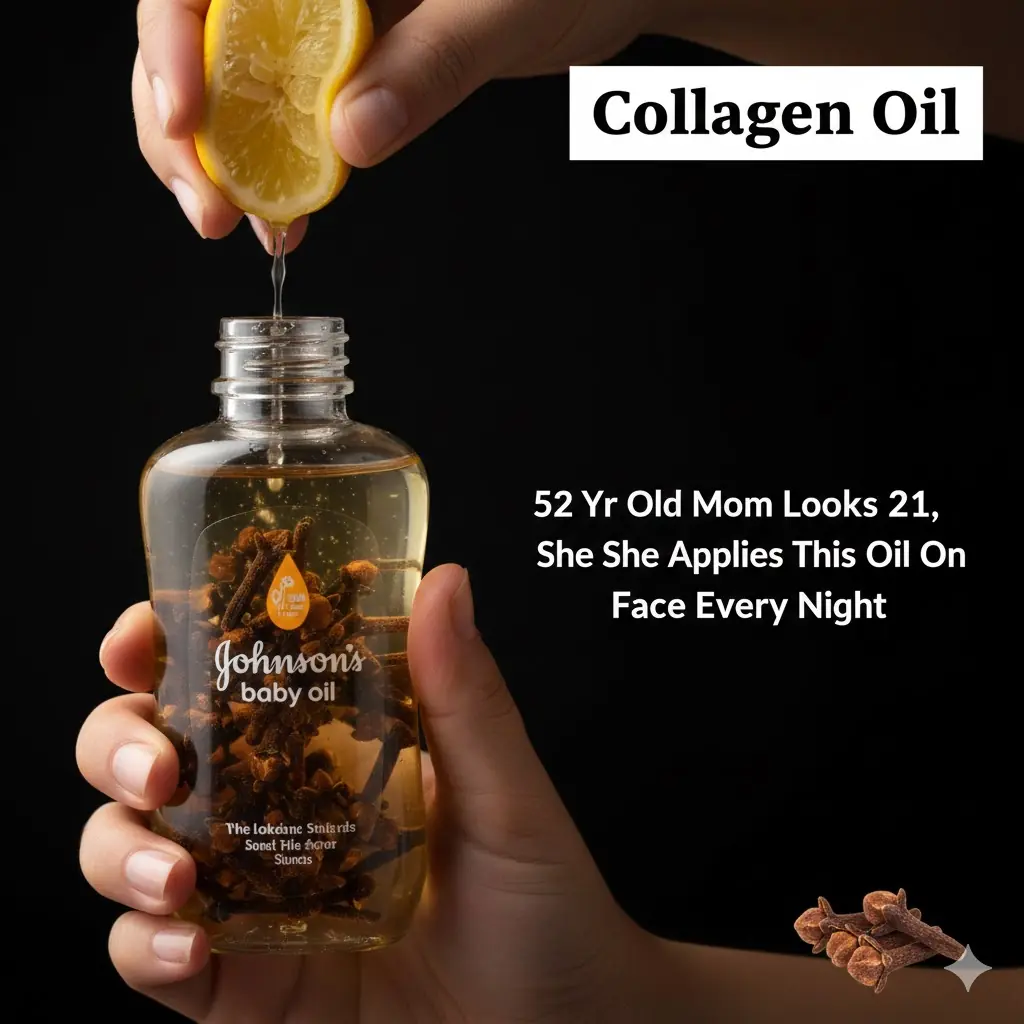
Clove Lemon Baby Oil Formula: Collagen Oil for Wrinkle-Free, Youthful Glow
News Post
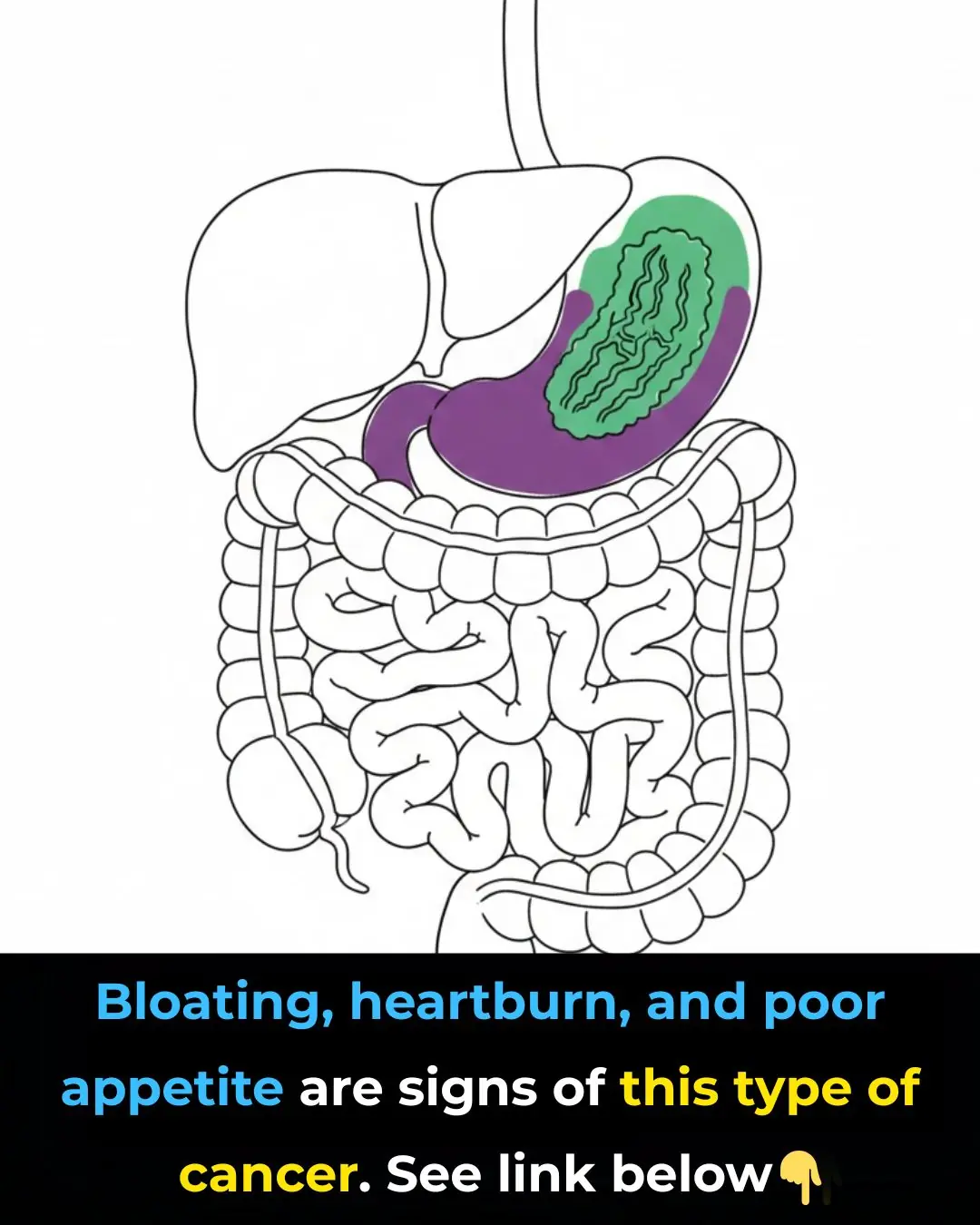
What Is Stomach Cancer?
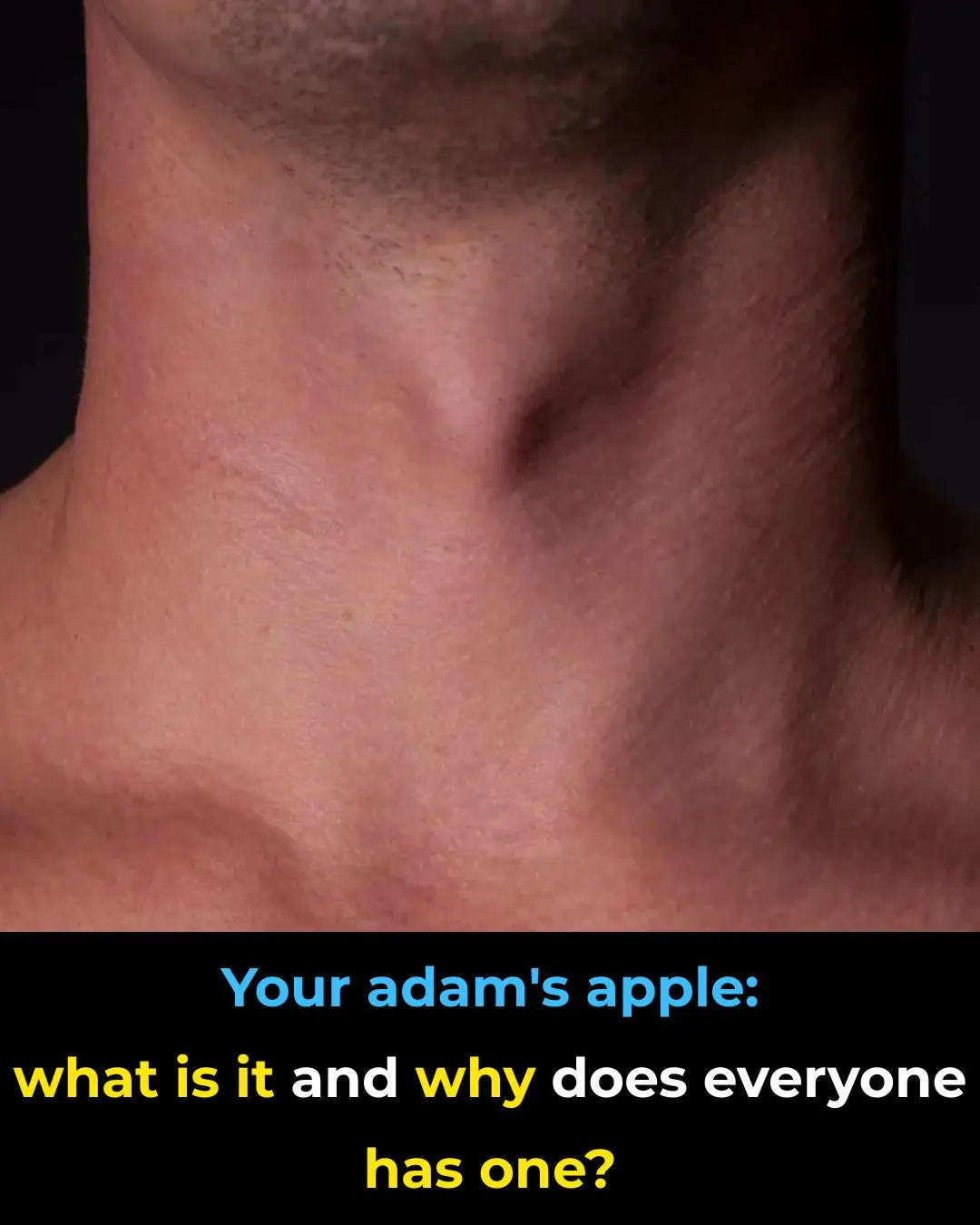
What Is the Adam’s Apple

Proven Inflammatory Foods to Avoid According to Science

14 Signs Your Blood Sugar Is Way Too High (And 14 Ways to Reduce It)

Walking Barefoot at Home

Stronger Than Eggs? The Affordable Seeds That May Support Muscle After 75

How to Prepare Okra Water to Naturally Support 17 Aspects of Health

Papaya Seeds for Joint Relief: A Simple Home Habit to Explore for Knee, Back, and Spine Comfort

Be amazed by this vitamin that can improve leg circulation and help protect against clots!

Discover Simple Everyday Herbal Habits That Can Naturally Support Kidney Health
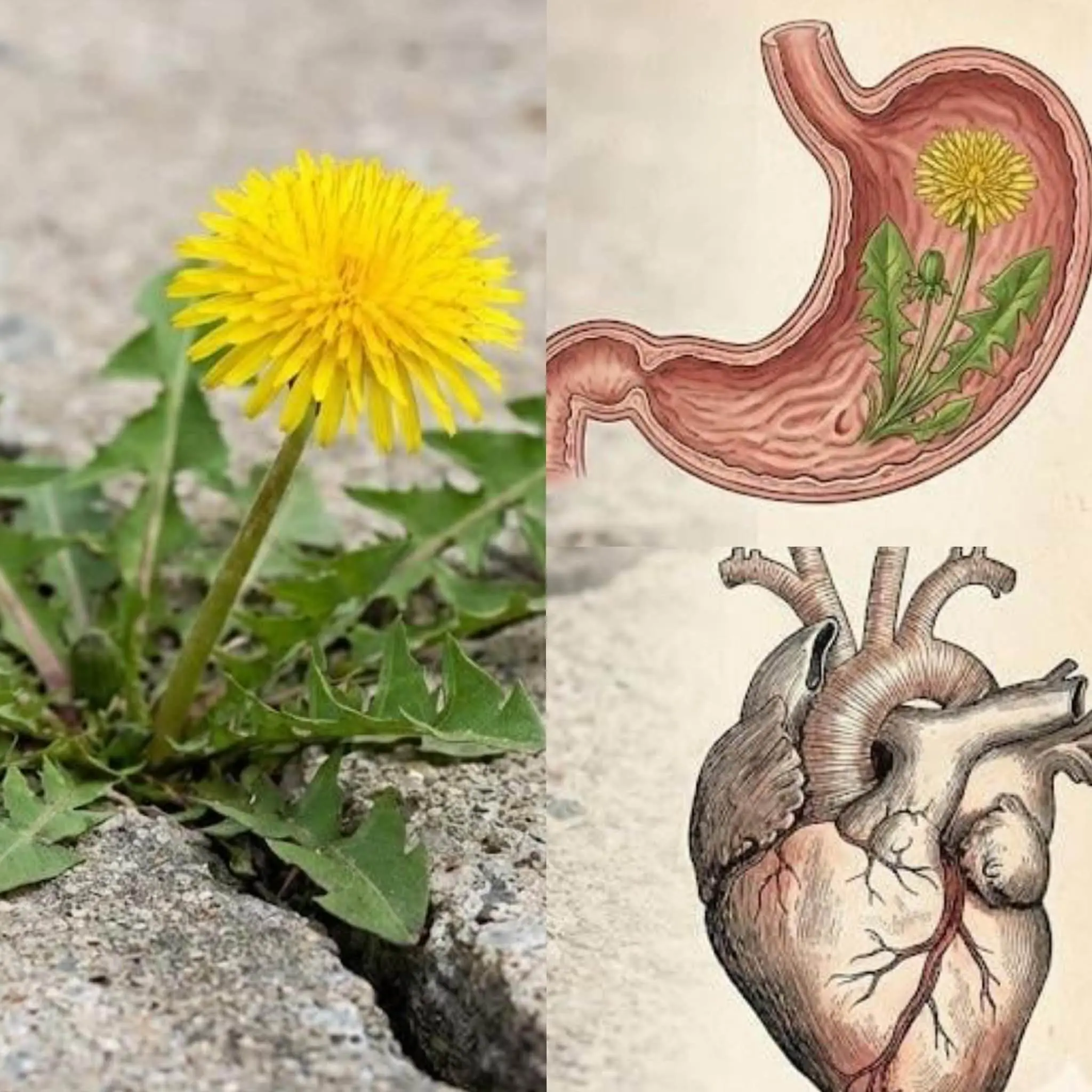
Dandelion Leaves: Top Health Benefits and Uses

Bull Thistle Root Benefits: Uses, Healing Properties, and How to Prepare It

Exploring the Benefits and Uses of Albizia Julibrissin (Mimosa Tree): A Natural Healer and Ecological Treasure

9 Health Benefits of Pine Needles

Tribulus Terrestris (Puncture Vine): Benefits, Traditional Uses, and Science-Backed Effects

Dandelion Leaves: Top Health Benefits and Uses

Stepmom Fires Elderly Nanny on Christmas—She Was a Secret Billionaire

Rich Kids Blackmailed Scholarship Student—His Mom Was Their Maid

The Thing Waiting in the Forest
